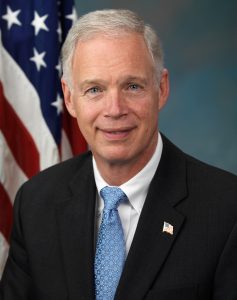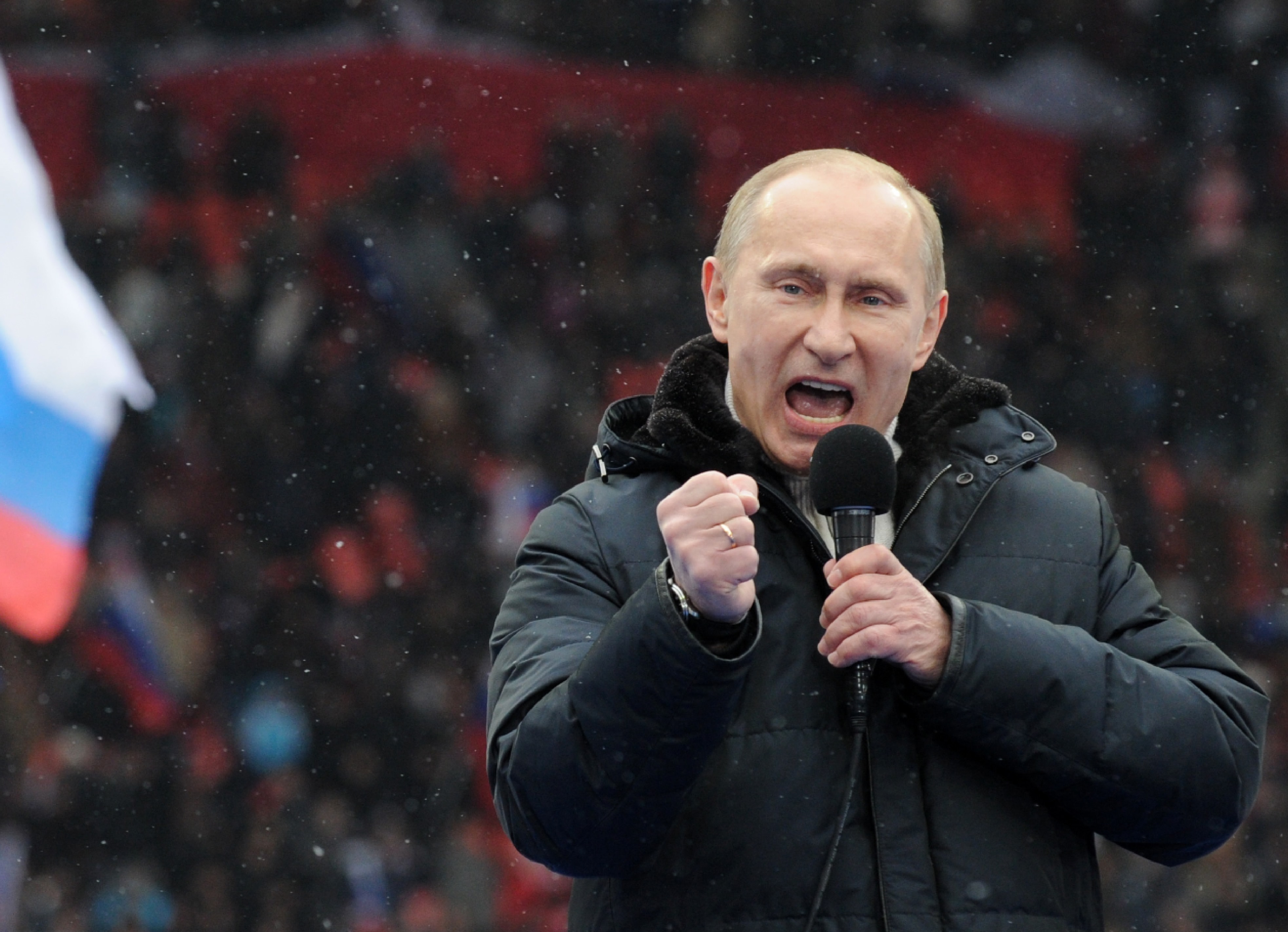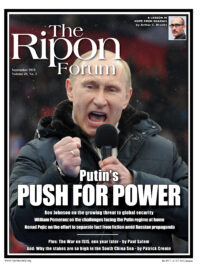
In 2009, the Obama administration “reset” relations with Russia, an attempt at unilateral withdrawal and concession to curry favor and gain cooperation from Vladimir Putin’s regime. Unfortunately, the reset has proved to be a miserable failure because Putin respects only strength and is adroit at perceiving weakness and fully exploiting it.
Two years after that reset and within a few months of becoming a U.S. senator, I saw this first-hand. In April 2011, I traveled to Georgia, Ukraine, Lithuania, Latvia and Estonia with a congressional delegation led by Minority Whip Jon Kyl, a knowledgeable head of the Senate’s National Security Working Group.
Twenty years after the dissolution of the Soviet Union, the purpose of the trip was to gain insight into the challenges facing these nations that have been well described as a “belt of freedom and democracy” buffering the rest of Europe from Russia.
What we saw was summed up by what our delegation wrote: “The process of developing democracy and building a free-market economic system after 50 years of communist subjugation is hard enough. But having to deal with a large and menacing neighbor bent on sabotaging their efforts makes it all the more difficult.”
Following the breakup of the Soviet Union, the West reached out to include Russia in the promise of a Europe whole, free and at peace. Billions of dollars from the West were invested in Russia, multinational organizations were expanded to include Russia, and military cooperation and disarmament treaties were agreed to — all in an effort to help make the world a safer place.
But instead of accepting the West’s outstretched hand of friendship for the benefit of the Russian people, Putin took advantage of our good intentions to consolidate his hold on power. Instead of looking to that “belt of freedom and democracy” with an attitude of cooperation to achieve mutual prosperity, Putin viewed success in those nations as a threat to his control. He correctly calculated that if the breakaway republics succeeded with freedom and democracy, the long-suffering Russian people would begin demanding the same, and his grip on power would be loosened.
 Instead of accepting the West’s outstretched hand of friendship for the benefit of the Russian people, Putin took advantage of our good intentions to consolidate his hold on power.
Instead of accepting the West’s outstretched hand of friendship for the benefit of the Russian people, Putin took advantage of our good intentions to consolidate his hold on power.
His undermining of these fledgling democracies has been longstanding, persistent and highly effective. The legacy of corruption within public institutions is difficult to overcome in the best of situations. Putin does everything he can to maintain and exacerbate that corruption. His use of propaganda is pervasive, and the West has done little to respond. His propaganda’s lies are outrageous, but without effective rebuttal, they have become the accepted reality.
Two years after that trip in 2011, I joined the Senate Foreign Relations Committee, serving as ranking member and, now, chairman of its European Subcommittee. I have taken multiple trips to Ukraine and other Eastern European countries. I have seen how the pressure that Putin has been applying in Eastern Europe has increased significantly, as evidenced by his most recent military aggressions.
Putin invaded Georgia in late 2008 as the West was distracted by the financial system meltdown and a U.S. presidential election. In 2011, I stood at the new “border” of South Ossetia, just 33 miles north of Georgia’s capital, Tbilisi, looking through binoculars at the Russian guard post. It was a bizarre and sobering experience to witness concrete evidence of a post-Cold War Russian invasion.
Quick and resolute reaction by the Bush administration and our European allies during the Georgia invasion halted Putin’s advance, but he has not withdrawn. Similar to the “frozen conflict” in the Russian backed Transnistria region of Moldova, Putin consolidated his gains and then patiently waited for his next opportunity to seize for Russia what the Soviet Union once controlled.
Unfolding events in Ukraine and the Middle East combined to present that opportunity. The brave protesters of the Maidan succeeded in overthrowing Putin’s puppet in Ukraine, a result Putin was loath to accept — and one that he didn’t. With the new Ukrainian government struggling to overcome decades of corruption and failed communist policies, with its military purposely hollowed out by Putin’s puppet, and with the West distracted by the deteriorating conditions in the Middle East, especially in Syria, Putin made his move on Crimea.
With an overwhelming military presence already located at Russian naval bases, the takeover of Crimea was met with virtually no resistance, prompting Putin to set his sights on a larger target, Eastern Ukraine. In testimony before our committee, experts described Putin’s actions as an invasion consisting of 15,000 Russian troops on Ukrainian territory. President Obama should utilize the authority passed unanimously by Congress to supply lethal defensive weaponry to the courageous Ukrainians fighting for their territorial integrity and freedom.
As Putin advances, the Obama administration continues to talk about offering Putin “off ramps.” To prevent even greater destabilization in Europe, the West must realize that Putin isn’t looking for “off ramps.” He’s only biding his time and looking for the next “on ramp.”
Ron Johnson represents the State of Wisconsin in the United States Senate. He serves as Chairman of the Foreign Affairs Subcommittee on European and Regional Security Cooperation. He is also Chairman of the Committee on Homeland Security and Government Affairs.




